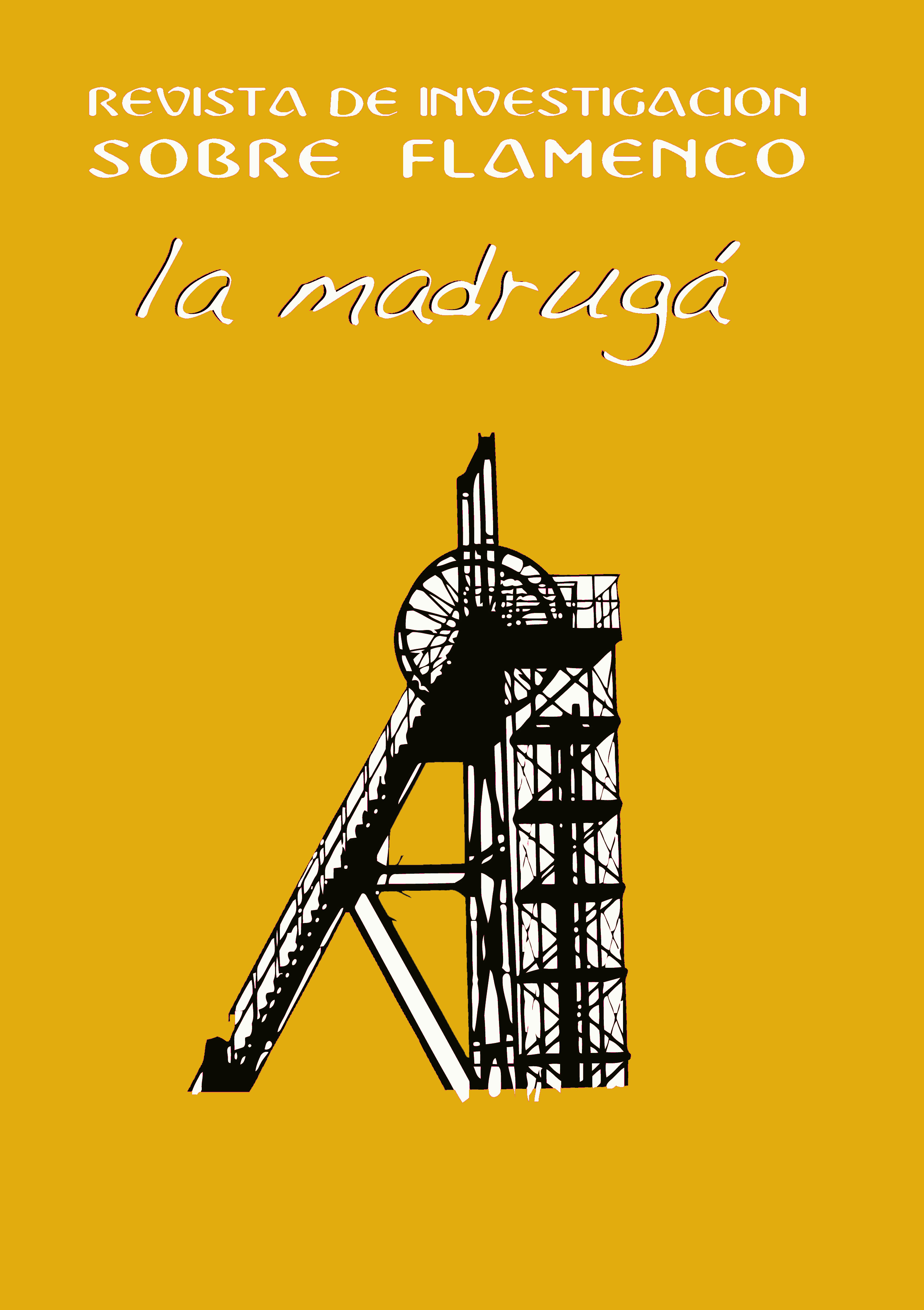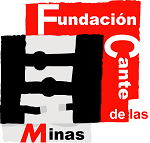The flamenco-saxophone in musical education in Spain: generation of an educational context for the inclusion of popular music
Abstract
The study of flamenco in Spanish musical institutions is scarce. In the case of conservatories, this situation is aggravated by the non-inclusion of the subject in the curriculum in most centers, as well as the lack of a specialist teaching profile that can transmit the appropriate knowledge. The saxophone, as a woodwind instrument, offers an educational opportunity to work on the palos, rhythm and harmony of flamenco, enriching the student's musical education and knowledge of popular music. The objective of the research is to know the educational possibilities of the flamenco-saxophone and its implementation in the Spanish educational system. Qualitative methodology is used using interviews with a group of experts as an instrument to extract a trend content analysis, and the extraction of quantitative data from a questionnaire. It is concluded that the diversification of teaching and the change in the study method allow the saxophonist to generate knowledge for the teaching-learning process of flamenco.
Downloads
-
Abstract414
-
PDF (Español (España))150
References
-Abbink, E. (2011). Saxophone education and performance in British Columbia: early history and current practices (Tesis Doctoral, University of British Columbia).
-Antón, J. (2018). El Saxofón en el Flamenco Actual. Viento, 21, 13-17.
-Biblioteca Nacional de España (2012). Jazz en la BNE, El Ruido Alegre. Biblioteca Nacional España Ediciones.
-Bonnin-Arias, P., Alarcón, E. y Colomer-Sánchez, A. (2021). De la escena a las aulas: los artistas y la incorporación de la danza española y el baile flamenco a las enseñanzas generales. Retos: nuevas tendencias en educación física, deporte y recreación, (40), 393-403.
-Castro, G. (2020). Músicas negras y flamenco: relaciones musicales y traspasos entre músicas africanas, indígenas y españolas. Sinfonía Virtual, (39).
-Chavarría-Ortíz, C., Heredia-Carroza, J., Montero-Lobato, B. y Palma, L. (2023). La implantación del flamenco en el currículo educativo andaluz: entre la tradición y la innovación tecnológica. Campus Virtuales, 13(1), 93-105.
-De las Heras, R. (2020). Monográfico: El patrimonio musical en el aula: danza, folclore y flamenco. Revista Electrónica de LEEME, (45), 88-89.
-Estévez-García, Ó., Gértrudix-Barrio, F. y Zagalaz, J. (2022). La enseñanza del Saxofón en los Conservatorios Profesionales de Música de España. Un estudio desde la percepción del docente. Educatio Siglo XXI, 40 (2), 169-192.
-Gértrudix-Barrio, F. y Estévez-García, Ó. (2021). Los saxofonistas en los conservatorios profesionales españoles. Su incorporación al mercado laboral. Artseduca, (29), 211-229.
-Heredia-Carroza, J., Palma Martos, L. y Aguado, L. F. (2019). Flamenco y derechos de autor. El caso de Camarón de la Isla. Arbor, 195(791), a496.
-Hernández, J. M. (2004). Entrevista a Perico Sambeat, Revista de Jazz, 2, 36-41.
-Infante, B. (2022). Orígenes de lo flamenco y secreto del cante jondo. Almuzara Ediciones.
-Morales, D. (2016). El flamenco en la investigación y la educación interdisciplinar. Musicalia, 10(1).
-Pérez-Garrido, J. (2023). Una propuesta de acercamiento del clarinete al flamenco (Tesis doctoral, Universidad de Murcia).
-Rodríguez, J. L. (2022). Aportaciones del flamenco y del folklore andaluz en Educación Infantil. Revista de Ciencias Humanas y Sociales, (97), 79-101.
-Velasco Rodriguez, C. (2021). El Flamenco como herramienta de innovación educativa. Revista de Investigación sobre Flamenco "La madrugá", (18), 123–140.
-Zagalaz, J. (2012). Flamenco Jazz, una perspectiva analítica de sus orígenes: La obra temprana de Jorge Pardo, 1978-1981. Las fronteras entre los géneros. Flamenco y otras músicas de tradición oral, 39.
Las obras que se publican en esta revista están sujetas a los siguientes términos:
1. El Servicio de Publicaciones de la Universidad de Murcia (la editorial) conserva los derechos patrimoniales (copyright) de las obras publicadas, y favorece y permite la reutilización de las mismas bajo la licencia de uso indicada en el punto 2.
2. Las obras se publican en la edición electrónica de la revista bajo una licencia Creative Commons Reconocimiento-NoComercial-SinObraDerivada 3.0 España (texto legal). Se pueden copiar, usar, difundir, transmitir y exponer públicamente, siempre que: i) se cite la autoría y la fuente original de su publicación (revista, editorial y URL de la obra); ii) no se usen para fines comerciales; iii) se mencione la existencia y especificaciones de esta licencia de uso.
3. Condiciones de auto-archivo. Se permite y se anima a los autores a difundir electrónicamente las versiones pre-print (versión antes de ser evaluada) y/o post-print (versión evaluada y aceptada para su publicación) de sus obras antes de su publicación, ya que favorece su circulación y difusión más temprana y con ello un posible aumento en su citación y alcance entre la comunidad académica. Color RoMEO: verde.









